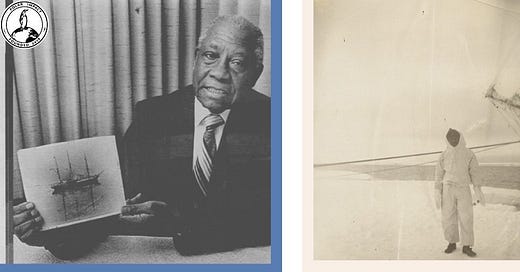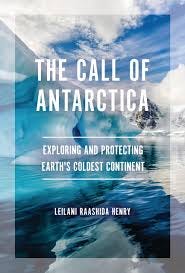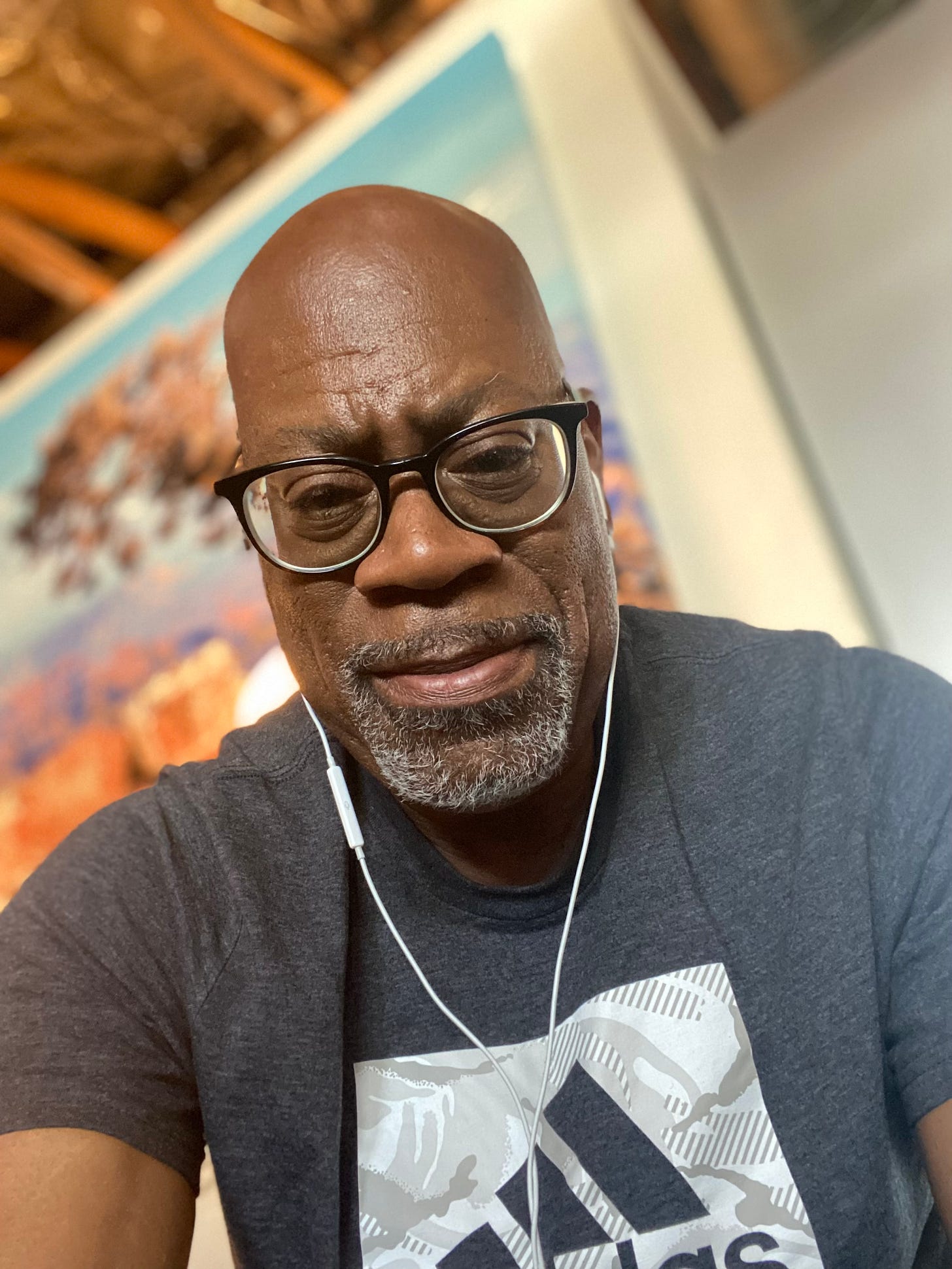Few African-Americans are familiar with George W Gibbs, Jr, the first Black person to set foot on Antarctica. Having sailed on the infamous USS Bear from 1939 to 1941, he was a member of Admiral Richard E. Byrd’s III expedition to the South Pole.
This expeditionary trip is widely considered the first collaborative project between the United States military and a private exploratory team. With his contribution, Gibbs left a profoundly important mark on humanity, breaking down barriers for not only people of color but demonstrating the importance of a more human, environmentally sensitive world.
Now in a book scheduled to be released on October 5th, Gibbs’ daughter Leilani Raahshida Henry has penned a book entitled The Call of Antarctica: Exploring and Protecting Earth's Coldest Continent. In a recent interview by phone with “Great Books, Great Minds” Henry shares her research and writing journey in unearthing her father’s story with the world.
What prompted you to write “The Call of Antarctica?”
The honest answer is that I was expecting my father to write a book. For many years, he had expressed his intent to write a book but kept delaying, saying that he was waiting for more information. And I never could understand why he needed more information [Laughter] about his life. I mean, he was in his eighties so I get that he might need a memory jog. But I just couldn’t understand. And then he passed away.
Sounds like there is more to this story
There is. Before he passed away he had commissioned a journalist to help him write the book. And it was a woman who was an editor at one of the local newspapers with who he had hit it off. She had done a beautiful piece about his life and Antarctica. So they grew very close and he commissioned her to write the book. So after he passed away I went to her and said, ‘“thank you for agreeing to write my father’s story. Let’s do this. What else do you need, let’s do this.”
What was her response?
And she says, “Well, I decided to have a family and so I’m not going to be able to write this book.” And so she proceeded to gather all of his stuff they had done to prepare to give back to me. And I was quite crushed at first before coming to the realization that this was an opportunity for me to step into my family’s legacy. And that it made sense for me to do this rather than someone outside of the family, even though she was a close friend. So that is what actually sparked me to write the book.
So tell us a little about your writing journey?
The book has morphed several times. A big breakthrough came when my mother found his diaries behind the dresser after she moved. That’s when I realized that “OK, this is what he meant when he kept saying that he lost all of his materials and needed more information.” So now I was in possession of two of his diaries.
What did you discover?
In one of his diaries, he wrote every day for six months, chronicling his round trip from Boston to Antarctica and back. And then there was the second journal, which he didn’t write every day on his trek from Philadelphia by way of New Zealand to Antarctica and then back to Philadelphia. So with all of this material, my first thought was to write a biography. And then I thought I would write about the expedition because there wasn’t anything out there about that event.
Did you yourself ever visit Antarctica?
I have been to Antarctica and that was one of the things that helped me finish the book after having stopped and started it many times. Honestly, writing the book was so, so very hard.
What exactly did you discover about yourself on that trip?
I discovered that despite how challenging it was, I had an interest in completing it — that in the end I really did care about the project. And I fell in love with Antarctica.
What sort of unexpected surprises did you discover along the way as you were writing the book?
There were many. I think that one of the biggest surprises was the connection that I found between the people who were on the ship. Over time, I started realizing that the people on the ship had built lifelong relationships and connections between them. And those who didn’t had a lifelong relationship with Antarctica.
How were you able to research all of this?
Many of them passed on their experiences to their descendants. So I went and I met with or communicated with many of them along with some of the very people that were on the ship.
So what is your greatest hope in terms of what readers walk away from your book with?
I hope that they are excited about the message around what it will take to protect Antarctica. I also hope that it will inspire scientists of color who are interested in polar science or find encouragement in seeing that as a career.
An Invitation From Diamond-Michael Scott
Black Books, Black Minds” is a key foundation of my Great Books, Great Minds” passion project. For me, it’s a labor of love fueled by the endless hours of work I put into curating content, community, connection, and conversation on themes related to the Black lived experience.
So if you are enjoying this digital community, find value in it, and savor world-class book experience featuring non-fiction authors and book evangelists, then please consider becoming a paid member supporter at $6.00/month or $60.00/year.
PS — All member supporters will be invited to participate in our “Black Books, Black Minds” Global Book Clubs featuring compelling book discussions and hosted author nights both in-person and online.







Yep, and I'll be ordering this book now! Thank you for sharing her story!!
I just ordered this. I can't wait to read it thank you for alerting me to it !